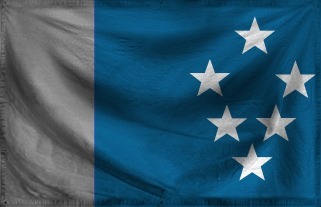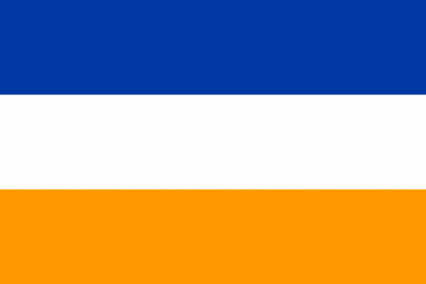Southern Sea Trade Network
[img]<map%20to%20be%20added%20soon>[/img]
This roleplay is for members of THE WESTERN ISLES ONLY. If you have submitted a map application and it has been accepted but have not been put on yet, you may participate in this thread. If your map application has not been approved or you are not from The Western Isles, please refrain from posting here. Trespassers will have action taken against them.
General Information
This one’s been in my mind for a little while, but as I begin to backtrack with Ahnslen history it seems to make a lot of sense to open this up and start developing it now that I’ve actually got something to offer you all. The network itself will likely begin in 1615 and last until (or at least Norland's involvement in it and my focus on it) at least 1794. However, you're encouraged to keep the trade routes going if it makes sense for you to do so.
Essentially, the Kingdom of Norland, once established as it is in 1608, will provide a new route between the northern Gaelitic states and Gael down to the Southern Sea. As Norland has seen some success with relatively small scale trading, it will begin to become the nation which fills the missing link and becomes the initiator of this new trading network. Anything can be traded along this as long as its realistic, slaves, grain, gems you name it. All the Ahnslen nations at the time are involved - whether that be the Qa’dhir, Tesselia, Arnerai or indeed Norland. I’m currently writing up a dispatch about the trade network itself so if you’re interested in joining in or having a part to play in it please help me out by answering these questions.
By doing this, you’ll allow me to write the dispatch better and in a way more reflective of the multiple nations involved in it rather than just having it focus on the Ahnslen nations. Hopefully, the things we learn from your answers will also spark some discussion too

Without further adieu, here are the sorts of thing that’d be really helpful to let the OOC thread know about your involvement:
- What is the name of the entity which will be trading within the network?
- If you've got a link to a factbook about the entity or one that mentions it for more than a few sentences, please add it here.
- What time would they operate within the trade network for? Would they be there for its full duration - perhaps afterwards too? After all, the fall of Norland doesn’t mean you can’t preserve some trade relations.
- Provide a few sentences offering a brief overview of the entity and the temperate of its leaders and people
- What are the nation’s imports?
- What are their exports?
- Are there any cultural ramifications that trading with the other nations within the network could have on your own people?
- Could this trading endeavour cause some political or diplomatic situations we should further discuss? If so, what?
Also feel free to add any further ideas, comments or observations about how your nation or nations could operate within the network.
Here’s mine for Tesselia.
- Kingdom of Tesselia
- Kingdom of Tesselia
- Full duration, preserving some links after NTC falls (1615 to at least 1794).
- The Kingdom of Tesselia are a decadent, sociable yet even handed people. Their leaders were mindful of the the wealth and prosperity the network would bring and hence were quite excited when Norland let them know about their plans. However, Tesselia also have sworn enemies on which their wrath and disdain is exclusively reserved for - that being the Qa’dhir and the Merenese Ipachi-descendant people within their nation. The former would frequently be met with hostility at Tesselian ports whilst the latter would be offered to the network as slaves.
- Pretty much anything, just at varying levels, particularly if it’s hard to get.
- Logging was also common as an export in the south albeit this was a lot smaller than the operations run in Norland. Wheat, grain, canola, citrus and stonefruit alongside coal, fish and salt were major exports alongside creative works such as the drawings of architects, artists and the knowledge of chefs.
- The network would provide opportunities for Tesselia to learn and glean from the knowledge and wisdom of many, as well as the behaviours, trends and spirituality of many. This will cause Tesselia to be a melting pot of culture where many collide and somehow fit into each other into a somewhat cohesive situation.
- Political - slavery could become pretty controversial i guess? Diplomatic - tesselia would love to be friendly with a lot of folk, but some of their more controversial practices like their desire for merenese and qa’dhir genocide and destruction could get in the way.
Since Tesselia is first cab off the rank, a lot of this is likely to shift or grow in content based on what you all write too. I’ll do Norland towards the end too!
So, let’s get going! Let me know if there's any info, questions or further points of clarification you have.








